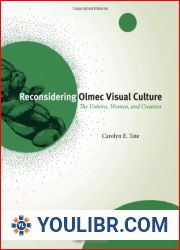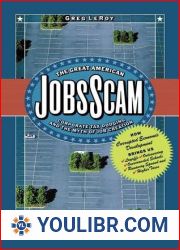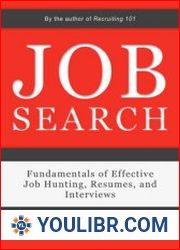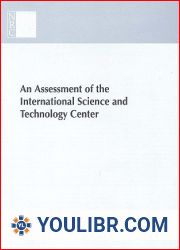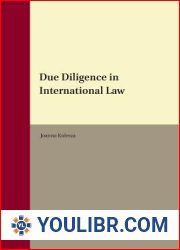
BOOKS - Job Creation, Job Destruction, and International Competition


US $8.71

393628

393628
Job Creation, Job Destruction, and International Competition
Author: Michael W. Klein
Year: February 3, 2004
Format: PDF
File size: PDF 1.5 MB
Language: English
Year: February 3, 2004
Format: PDF
File size: PDF 1.5 MB
Language: English
When job loss occurs in the U.S. labor market - particularly in the manufacturing sector - international competition invariably receives the brunt of the blame. Jobs, it seems, are being siphoned off overseas as a result of free trade agreements with nations that have eager, low-wage workforces. In fact, say the book's authors, this is only part of the story. At the same time jobs are being lost, other jobs are being created. Therefore, a more nuanced view of the effects of international competition is called for in order to truly understand its effects on the U.S. job market. In Job Creation, Job Destruction, and International Competition, Michael W. Klein, Scott Schuh, and Robert K. Triest offer such a view by presenting a picture of how the effects of international trade on employment in U.S. manufacturing industries vary widely. They explore the labor-market dynamics and adjustment costs associated with international factors, particularly the way fluctuations in exchange rates, overseas economic activity, and the altering of trade restrictions contribute to churning-the simultaneous job creation among some firms and job destruction among others. This effort produces insights that go beyond economy-wide or even sector-wide analyses of the effects of free trade. The documentation of the disparate effects between and even within narrowly defined industries shows that churning characterizes the labor markets for manufacturing industries, and that changes in international factors have a much larger and more complex impact on labor markets than was previously thought. and "For any size of total employment change induced by changes in international factors, the changes in individual jobs at individual establishments are much greater. Many more jobs are destroyed, but many more jobs also are created, than is apparent from the change in total employment. In fact, even when changes in international factors seem to have no effect on total employment at all, these changes are linked to greater job creation and destruction. and " By documenting the impact of international factors on employment across and within manufacturing industries in the United States, and by pointing out the ineffectiveness of simplistic policies intended to ameliorate the impact of globalization, this book serves as the first step toward building a base of knowledge that should improve our understanding of, and policies toward, the effects of international competition on labor markets.














